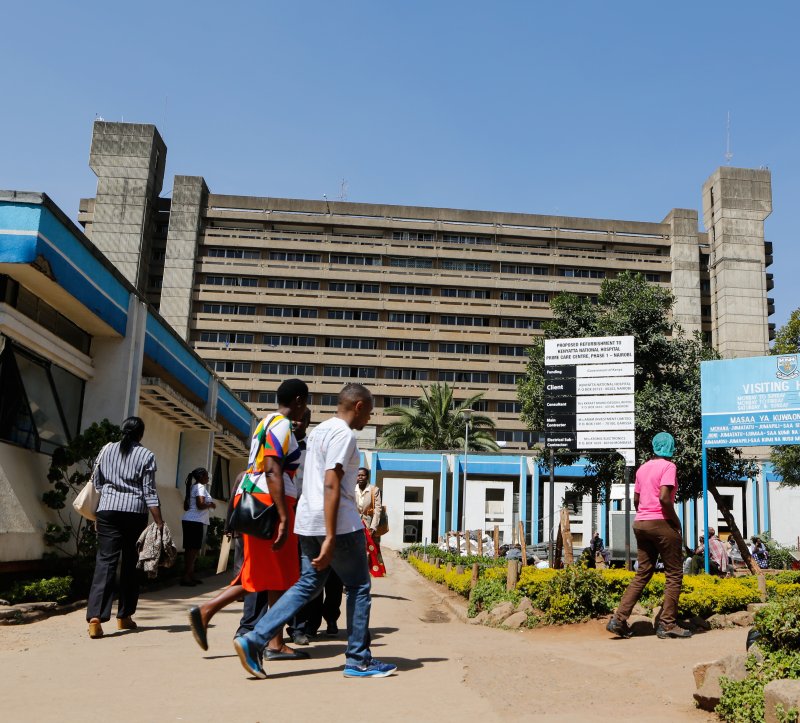So when there's a shooting liberals need to redirect the blame. Lurking behind the bushes is one of three 'culprits'. The gun itself, tighter gun control laws, the NRA. Usually, it's all three. Now L.L. Bean, Walmart, Dick's, etc put a stop to selling certain guns.
Both of these 'weapons' require the user to take some action. According to the article below which one inflicts the most injury?
Which one gets all the notoriety?
-----------------------------
- Over 2.5 million people in the U.S. are involved in road accidents each year. The population of the US is just 318.9 million. At this rate, the American people could be extinct in two human lifespans. This is an astounding number of traffic accidents.
- Of these, 1.6 million have a cell phone involved in them. That’s 64% of all the road accidents in the United States. Over half the road accidents in the States have cell phones involved, and if this doesn’t make you realize just how potent it is, what will?
- 37,000+ people die in automobile crashes in the U.S every year
- Every year, about 421,000 people are injured in crashes that have involved a driver who was distracted in some way.
- Each year, over 330,000 accidents caused by texting while driving lead to severe injuries. This means that over 78% of all distracted drivers are distracted because they have been texting while driving.
- 1 out of 4 car accidents in the US are caused by texting while driving.
- Texting and driving is 6 times more likely to get you in an accident than drunk driving. That’s right, it is actually safer for someone to get wasted and get behind the wheel than to text and do it.
- It takes an average of three seconds after a driver’s mind is taken off the road for any road accident to occur. This is the bare minimum amount of time it takes, and it is surprisingly small. Three seconds is the time it takes to turn your ignition when starting your car.
- Reading a text message while driving successfully distracts a driver for a minimum of five seconds each time. This means that the chances of an accident occurring while reading a text is extremely high indeed.
- The average speed in the US is about 55mph. Taking five seconds to read a text in this time means that the driver travels the length of a football field without looking at the road, or being distracted. There are so many vehicles on the road now that this means there is a huge chance of something terrible happening in this distance.
- When you text while driving, the time that you spend with your eyes off the road increases by about 400%. It is already dangerous enough to be distracted by NATURE while driving. So why make things 4 times as bad by texting?
- The chances of a crash because of any reason is increased by 23 times when you are texting. Even if the crash is another driver’s fault, you will probably have been able to avoid it if you had been looking at the road instead of the phone.
- When you compare this to the 2.8 times more risk that dialing a number on a phone imparts, you know that you are playing with fire.
- Every day, 11 teenagers die because they were texting while driving.
- 94% of teenagers understand the consequences of texting and driving, but 35% of them admitted that they do it anyway.
- Of all the teenagers ever involved in fatal accidents every year, 21% were using a cell phone at the time of the accident.
- Teen drivers have a 400% higher chance of being in a car crash when texting while driving than adults.
- 25% of teens respond to at least one text while driving, every single time.
- 10% of adults and 20% of teenagers have admitted that they have entire conversations over text message platforms while driving.
- 82% of American teenagers own a cell phone and use it regularly to call and text message.
- 52% of these talk on the phone while driving, and 32% text on the road.
- When polled, 77% of adults and 55% of teenage drivers say that they can easily manage texting while driving.
- When teens text while they drive, they veer off lane 10% of their total drive time.
- A study at the University of Utah found out that the reaction time for a teen using a cell phone is the same as that of a 70-year-old who isn’t using one.
- 48% of kids in their younger teenage years have been in a car while the driver was texting. Over 1600 children in the same age group are killed each year because of crashes involving texters.










